The digital checkout experience: it’s a make-or-break moment in e-commerce.
Think about it – you’ve snagged that perfect pair of shoes or finally found the gadget you’ve been eyeing.
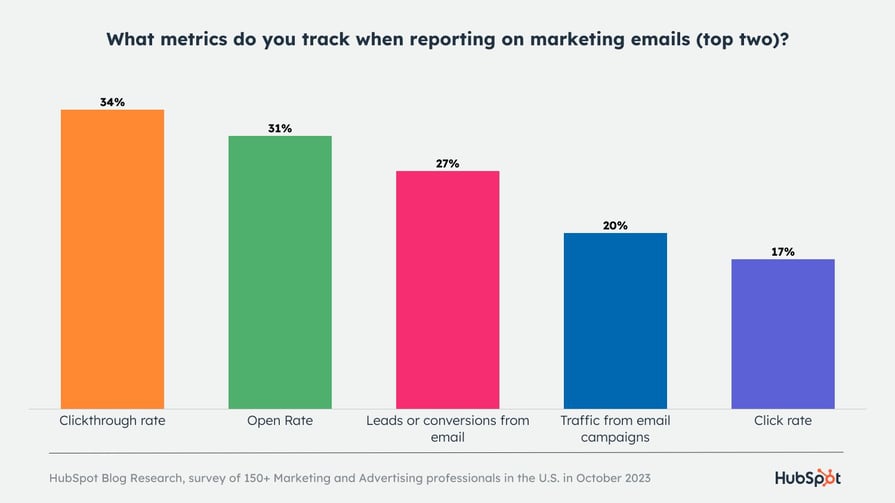
But then BAM! A clunky checkout process throws a wrench in the works.
Suddenly that excitement vanishes replaced by frustration and the temptation to just close the tab.
It’s a problem faced by many businesses large and small.
Understanding the psychology behind online purchasing especially during checkout is key to boosting sales and customer satisfaction.
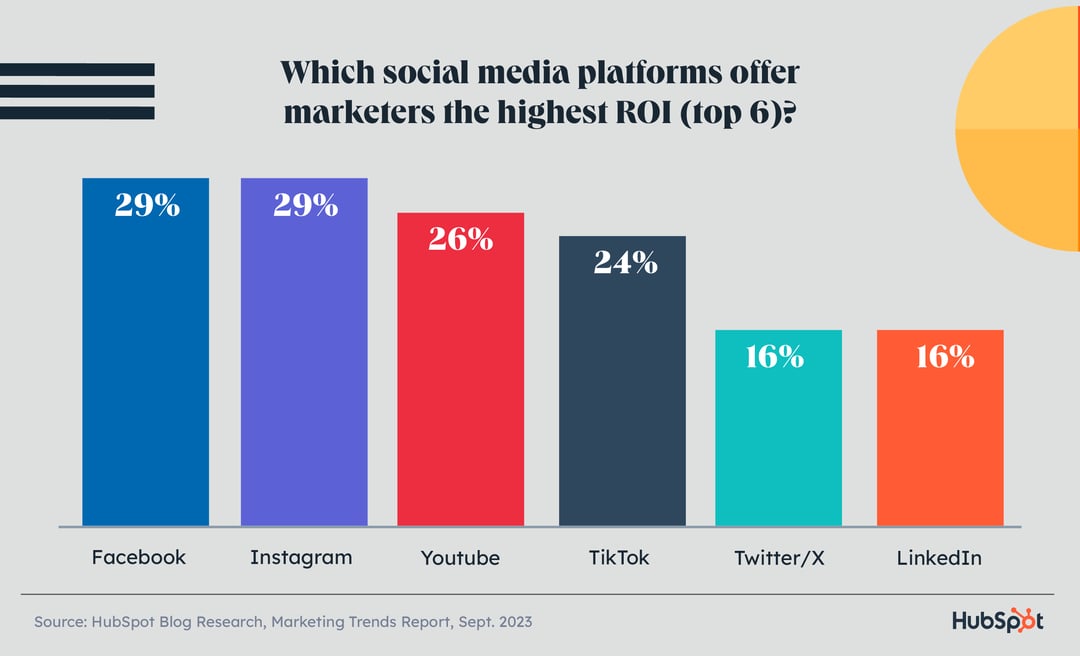
It’s not just about offering products; it’s about creating a seamless and enjoyable experience from start to finish.

Understanding the Online Shopper’s Psyche
The online shopping journey isn’t simply a transaction; it’s an emotional rollercoaster.

Customers are driven by a complex mix of desires fears and expectations.
From the initial browse to the final purchase confirmation their emotional state significantly influences their buying decisions.

The Role of Trust and Security
One of the biggest hurdles in e-commerce is building trust.
Shoppers need to feel confident that their personal information and payment details are safe.
A poorly designed checkout page riddled with unclear security badges or overly complicated forms can instantly raise red flags.

Think about it – you wouldn’t hand your credit card to a stranger on the street and the same applies to online transactions.
A confusing or unsafe-feeling online checkout process can lead to an instant increase in cart abandonment.
Detailed information about security protocols and positive customer reviews about security can significantly ease these concerns.
Investing in SSL certificates and displaying trust badges prominently is essential but it’s even better to go the extra mile and offer multiple payment options demonstrating your commitment to customer convenience and security.
Many users prefer the option of Paypal or Apple Pay which adds to customer security and ease of use.
It’s a win-win.
The Urgency Factor: Scarcity and Limited-Time Offers
Have you ever noticed how many online stores use limited-time offers or highlight the dwindling stock of popular items? That’s not accidental.

These strategies leverage the psychology of scarcity a powerful motivator that creates a sense of urgency and encourages impulsive purchases.
Check our top articles on Psychology of Ecommerce Sales: Consumers and the Ecommerce Checkout
People don’t like missing out (FOMO) and it can push indecisive shoppers over the edge.
Yo, fellow redditors! Just finished reading this epic post on optimizing checkout – 🤯 Seriously, checkout can make or break a sale. Wanna level up your e-commerce game and avoid those pesky abandoned carts? Check out this HubSpot guide for all the deets! 🚀
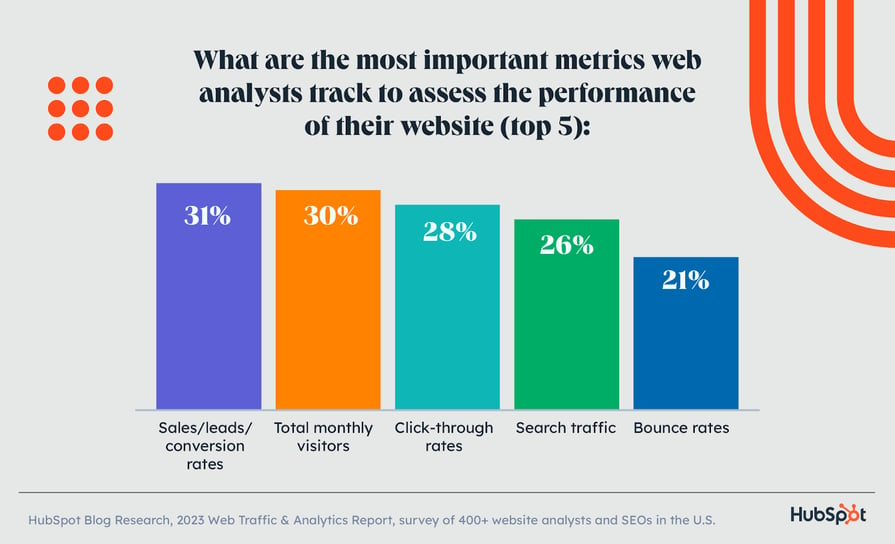
But use this wisely or you risk turning off your customers.
Transparency and authenticity are key.
Yo, fellow redditors! Just finished reading this epic post on optimizing checkout – 🤯 Seriously, checkout can make or break a sale. Wanna level up your e-commerce game and avoid those pesky abandoned carts? Check out this HubSpot guide for all the deets! 🚀
If your site frequently claims items are running low or that sales are ending soon it can lead to a lack of trust and credibility with your consumers.
Designing a User-Friendly Checkout Experience
Creating a smooth checkout process is crucial to minimizing cart abandonment.
It’s all about minimizing friction and maximizing convenience.

Streamlining the Checkout Process: Fewer Steps Faster Purchases
The more steps involved in the checkout process the higher the chances of a shopper abandoning their cart.
A simple intuitive design is paramount.
Keep the form fields to a minimum removing unnecessary steps.
Guest checkouts should be an option for users that don’t want to make an account and the entire process should be streamlined to just a few clicks.
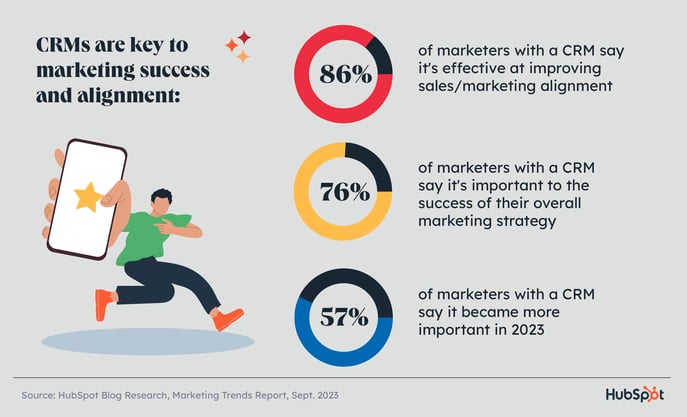
Imagine trying to navigate a maze versus walking down a straight path; the straight path naturally is far more appealing.

That’s what you want your checkout to be like.
Easy fast and intuitive.
The fewer clicks the better.
Mobile Optimization: A Must in Today’s Market
A significant portion of online shopping now happens on mobile devices.
Therefore your checkout process must be perfectly optimized for smartphones and tablets.
A clunky difficult-to-navigate mobile checkout is an instant turnoff for many users leading to potentially high rates of cart abandonment.

Test your checkout on multiple devices and ensure it adapts to different screen sizes without losing functionality or usability.
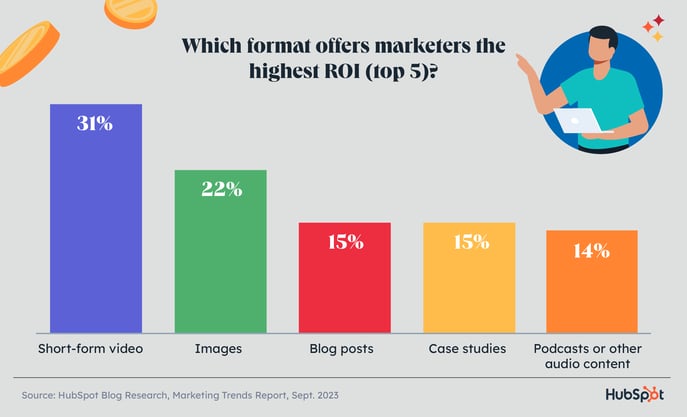
Clear and Concise Communication: Reducing Confusion
Ambiguity breeds frustration.
Your checkout process must be crystal clear.
Use simple language avoid jargon and ensure that every step is self-explanatory.
Make all the important information such as shipping costs and taxes plainly visible.
Don’t hide crucial information within tiny print or complicated menus.
Transparency builds trust and a transparent checkout process significantly increases the chances of a successful transaction.

The Psychology of Payment Options
Payment options are a crucial aspect of a smooth e-commerce experience.
Offering variety demonstrates your commitment to customer convenience while also catering to different preferences.
Multiple Payment Gateways: Catering to Different Preferences
Not everyone prefers to use credit cards.
Offering various options like PayPal Apple Pay and other digital wallets expands your customer base and increases conversion rates.
Providing options caters to various customer preferences making the checkout process more convenient and increasing the likelihood of completing a purchase.
Consider regional payment options too; what works in the US may not work in Europe or Asia.
Guest Checkout vs. Account Creation: Balancing Convenience and Data Collection
Requiring account creation can deter some shoppers especially those making a one-time purchase.
Offering a guest checkout option provides convenience and reduces friction.
However account creation is beneficial for building customer relationships and collecting valuable data for targeted marketing.
Strike a balance.

Make guest checkout easy but also highlight the benefits of creating an account perhaps offering a small discount or exclusive access for registered users.
Post-Purchase Experience: Don’t Forget the Follow-Up
The checkout process doesn’t end when the order is placed.
Follow-up is just as critical if not more so to building a positive customer experience and encouraging repeat business.
Yo, fellow redditors! Just finished reading this epic post on optimizing checkout – 🤯 Seriously, checkout can make or break a sale. Wanna level up your e-commerce game and avoid those pesky abandoned carts? Check out this HubSpot guide for all the deets! 🚀
Order Confirmation and Tracking: Keeping Customers Informed
An immediate order confirmation email with a clear tracking number keeps customers informed and builds trust.
It assures them that their order has been received and that they can follow its progress.
This reduces anxiety and increases customer satisfaction significantly making them feel confident about their transaction.

Don’t underestimate the power of a simple well-written confirmation email; it goes a long way.

Post-Purchase Support and Engagement: Fostering Customer Loyalty
Excellent customer service significantly affects customer retention.

Respond quickly to any queries or concerns.
A follow-up email asking for feedback about their purchase and whether they are satisfied demonstrates your commitment to customer care.
This not only helps you improve your products and services but also keeps customers engaged and increases the chances of repeat purchases.
In conclusion the psychology of e-commerce sales is far more intricate than merely displaying products and taking payment.
Understanding the nuances of customer behavior crafting a seamless checkout experience and providing impeccable post-purchase support are all critical to increasing conversion rates and fostering customer loyalty.
It’s about making the entire online shopping experience a positive and enjoyable one transforming casual browsers into loyal customers.
Remember it’s the little things that often make the biggest difference.

